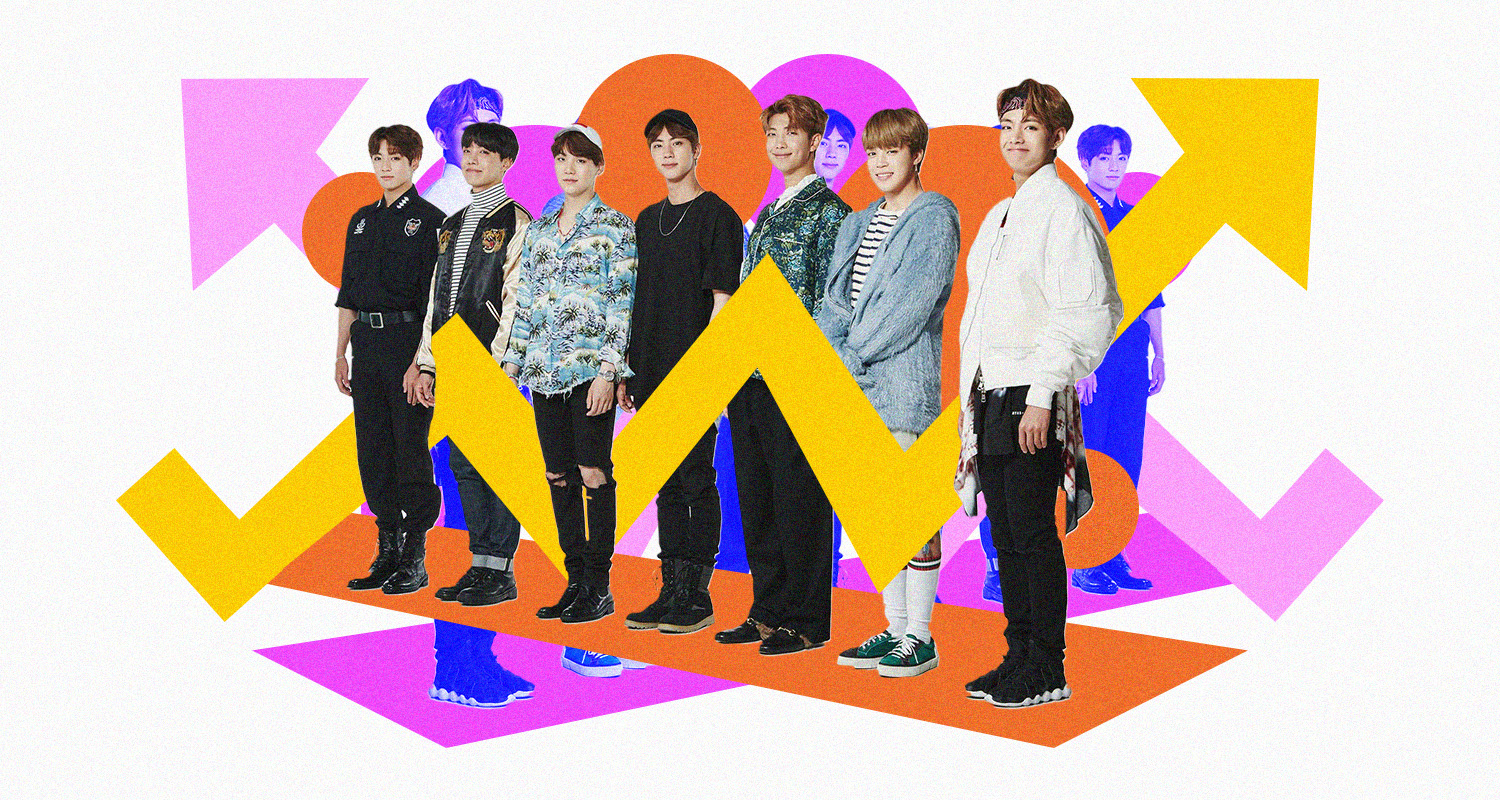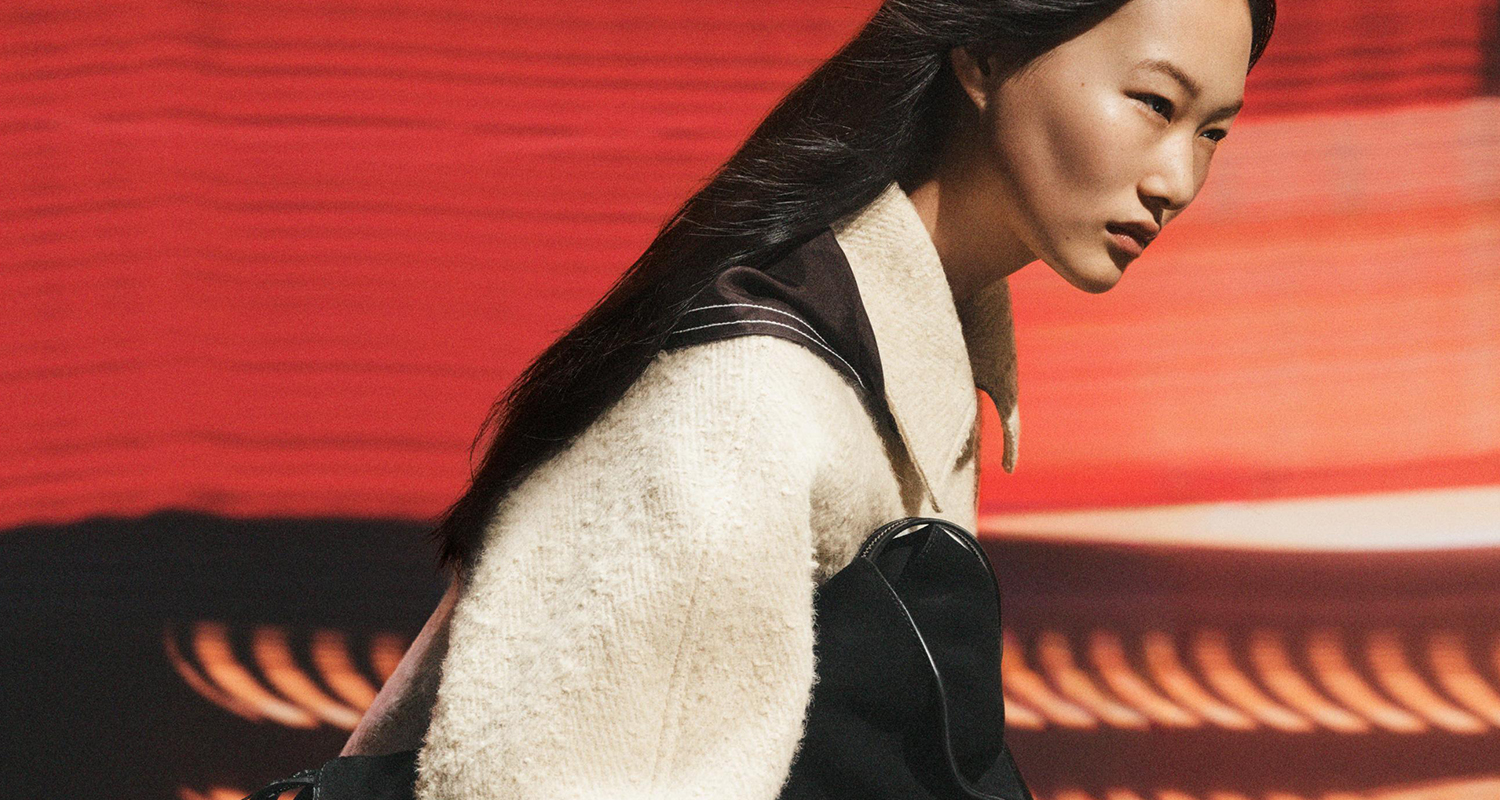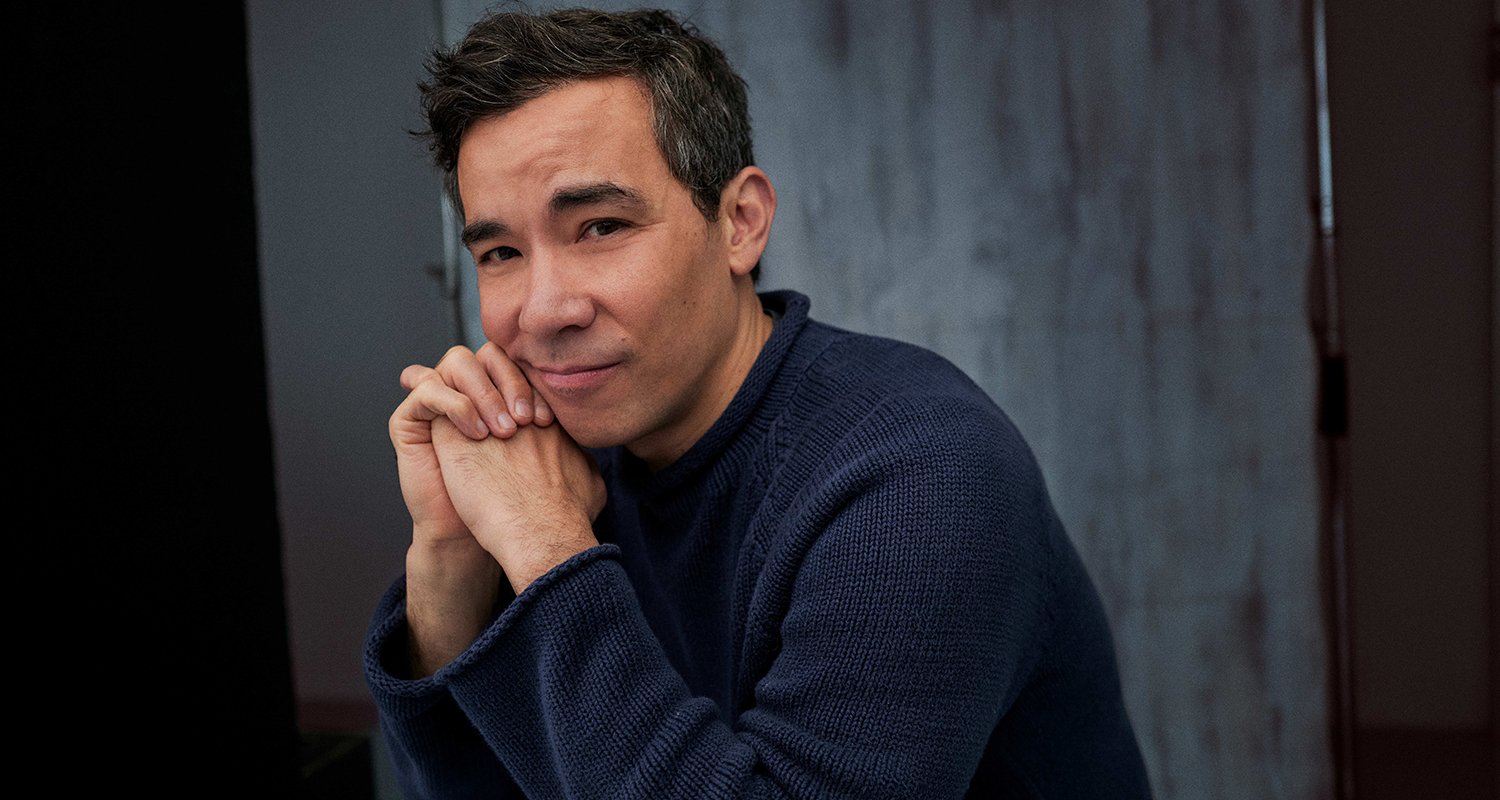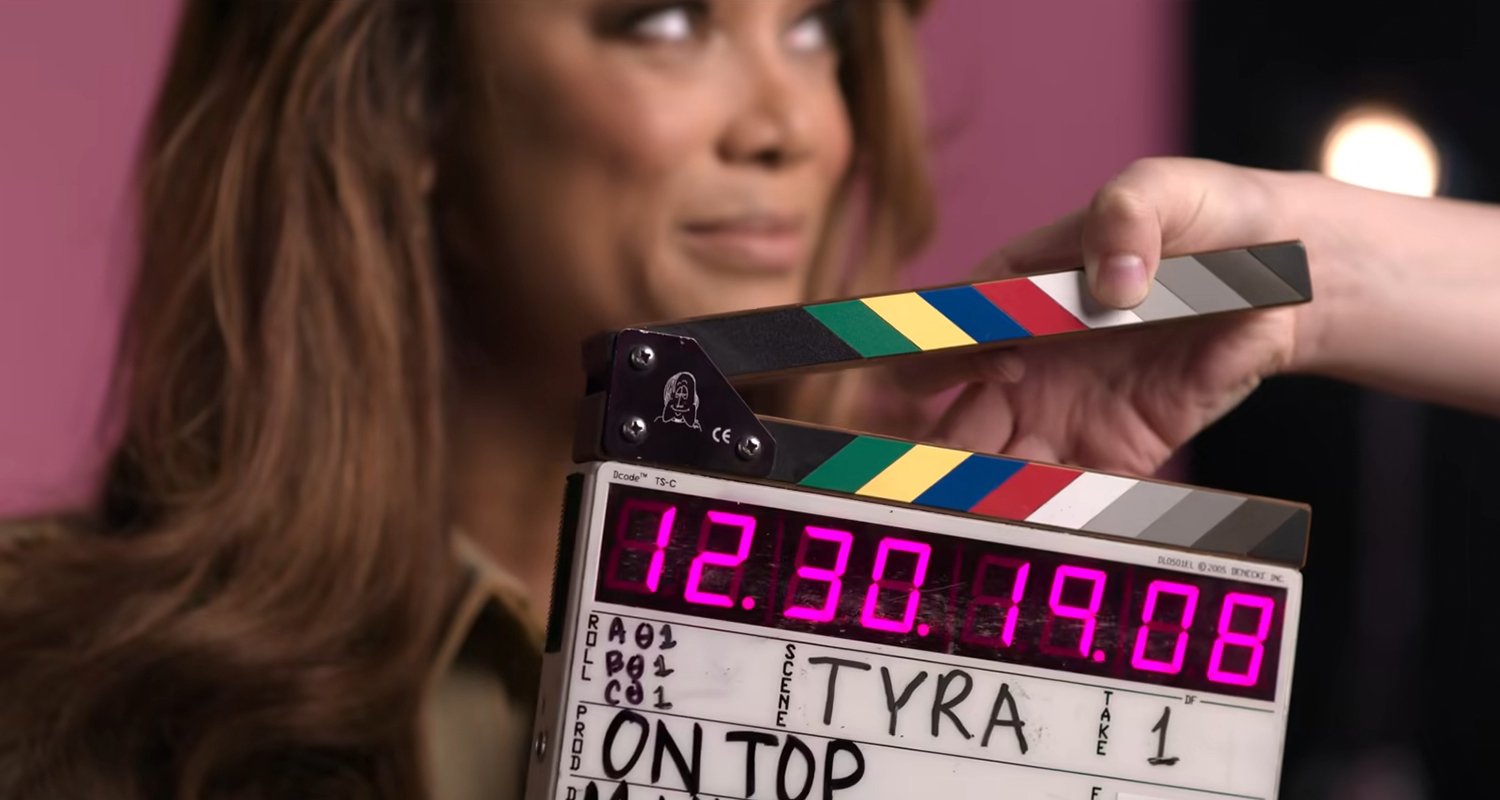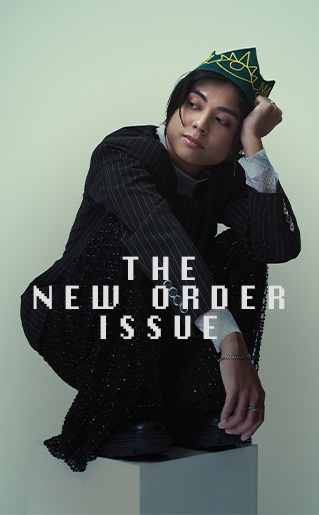It’s easy to say we’re living in the golden age of authenticity. There’s something sacred about being real. We love our idols unfiltered, chaotic, barefaced, unrehearsed. We praise candor and equate rawness with truth. But somewhere along the way, we’ve blurred the lines between authenticity and accountability. We stopped asking: real at whose expense?
We say, “At least they’re being real,” as if that erases any weight of consequence. As if being unfiltered is the same as being right. As if cultural sensitivity is optional, as long as you’re unapologetically yourself. There’s a fine line between being unfiltered and being unaware. And lately, Filipino netizens have been debating exactly where that line sits.
Take recent events: whether it’s a rising P-pop group giving honest street food ratings that sparked debates, or a young housemate expressing pride that some felt crossed into arrogance. What happens to our standards when authenticity is praised, but sincerity forgets its need for sensitivity?
The uproar over BINI’s now-viral snack-tasting video wasn’t just about betamax, balut, or kwek-kwek. It was about what those snacks represent: the dignity of street vendors who rise before sunrise, the taste of memory, the pride of being Filipino and being watched while being Filipino. Because when you carry a flag, you don’t just represent yourself, you carry a culture. And when you’re given a platform in a foreign land and asked to try something as humble and nostalgic as our very own street food, maybe the least one can offer, even without liking the taste, is to taste it with grace. For many of us, these humble bites are more than food. They are home. They are our identity. And taste preferences aside, how much of our collective identity do you actually know and respect enough to warrant a tiny bit of respect?
In the same week, young emerging star Fyang Smith found herself in hot water too—or so she has been for quite a number of things since she first appeared on what was a career-making win at the long-standing reality competition, Pinoy Big Brother (PBB). At a fan meet, she declared, in jest, that no other PBB batch could beat theirs. Of course, it was a joke—amplified by a spliced video. To many of her loyal supporters in and outside as she started treading a career out of the television show, it sounded proud, unbothered, maybe even empowering to some. But for others, it felt off—a displaced sense of over-confidence teetering into entitlement.
Veteran comedienne and host, Pokwang’s advice to “be humble” merited a debate. But it was a gesture to longevity based on respect rather than hate—publicity on being loved by all than polarizing a nation. In fact, this isn’t the first time the young superstar-in-the-making caused quite a stir. She would end up riling up feathers of many for “crass” behavior packaged as unabashed goofiness, be it for disrespecting a colleague with saliva or lewdly measuring her onscreen partner’s genitals—both onstage, for the world to see and for many of her young, impressionable fans to unwittingly deem okay to do to others and be done to them.
Supporters referred to it as Gen Z honesty, but being honest does not absolve one from responsibility. Being real in public life is more than simply being loud; it also involves knowing when to listen.
Fyang is so blessed with that kind of mindset, acknowledging and apologizing for her shortcomings and moving forward by taking all the learnings she acquired from that experience. such an inspiration, imperfect but definitely real
— yumi (@bjorkiesid) July 15, 2025
pic.twitter.com/oFLIPQpHUJ
We cheer for those who are “just being themselves,” and we, as a people, have placed much importance on what is “unapologetically real” that what it means gets skewed that it falls into the trap of disregarding the power and weight of your words and your actions toward others. In a tricky time when “authenticity” often becomes a “buzzword” to disguise missteps taken toward others, when your platform reaches kids, titas, and wide breadth of casual to rabid TikTok scrollers alike, shouldn’t authenticity come with responsibility too? Shouldn’t being yourself include the humility to keep learning, especially when you are the culture we’re trying to support?
We say Support Local. But what does that mean when the very locals we uplift can’t embrace the culture they came from?
Let’s talk about power dynamics. When you’re in the public eye, your voice reaches millions. You represent something bigger than you, your fans, your country, your roots. Being a public figure doesn’t mean having all the answers, it means understanding that your voice carries further, and your actions ripple wider. Growth in public is messy, but that’s not an excuse to stop learning. Especially when your rise is tied to a culture you represent, there’s a deeper responsibility to honor it with curiosity and care, even when you’re still figuring it out.
Representing the Filipino image comes with the privilege of carrying our culture, too. We rally behind local acts out of Pinoy pride and it’s only fair to hope that the same pride is reflected back. Authenticity doesn’t mean throwing respect out the window. It’s not a free pass to be careless or offensive. It’s not a reason to forget your roots just because you’re reaching for global dreams.
We all want to be seen with all layers—flaws, and all. But can we also learn to be more aware? To be more curious? To be better? Authenticity shouldn’t mean absence of a filter. It should mean presence of intention. You can be honest and humble. Real and responsible.
Because at the end of the day, being true to yourself does not end by just saying what’s on your mind or doing what feels ‘authentic’ to you. It’s about knowing how your truth lands in the hearts of others. Because if authenticity means you can say or do anything without caring who it hurts or what it erases, then maybe we need a new word for what we actually want from our public figures.
Being a public figure, or being Filipino isn’t a brand you wear when it’s convenient. It’s something you carry in the way you speak, in the way you treat others, in how you honor the things that shaped us. Because when you’re served culture on a plate, how you respond speaks volumes.
With additional text by Leo Balante


